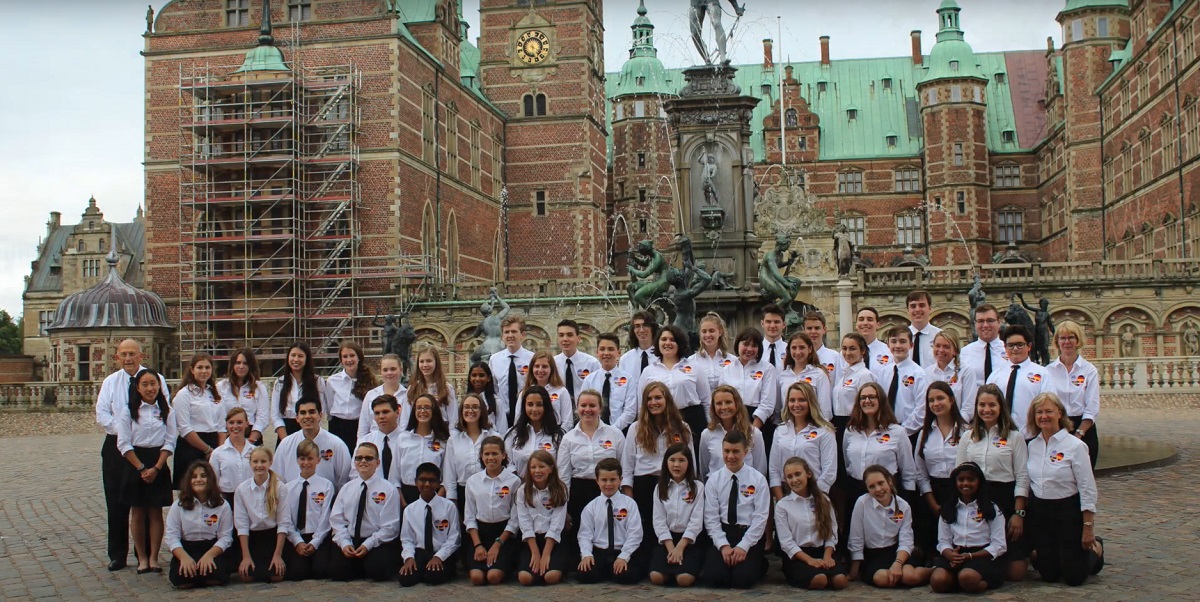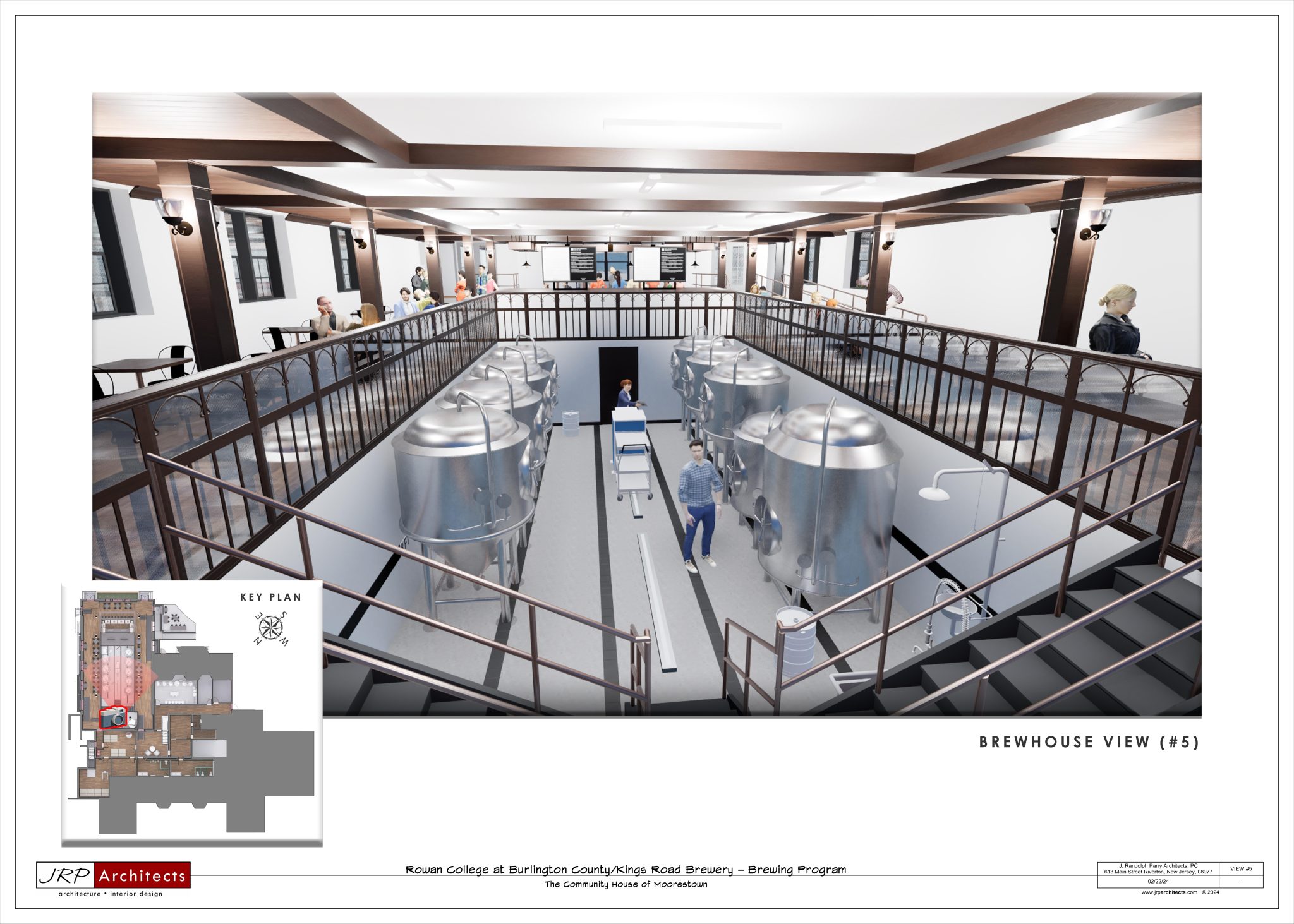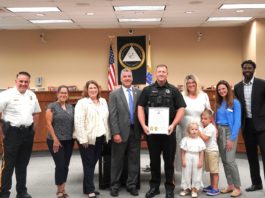When educators Kim Borgmann-Hayes and Jennifer Kaminski started running pilot groups that would shape their nonprofit Mind Cafe back in 2019, they had no idea they’d be adapting the inclusive safe space to a pandemic.
The two Mt. Laurel residents just knew how crucial therapeutic, supportive communities are, especially as suicide rates rose among the teens and young adults they endeavored to help.
“We always want to bring science into what we’re doing and, unfortunately, the science is showing us that the rate of suicide is increasing dramatically in the younger population,” said Borgmann-Hayes.
“We want to talk about things like connection, empathy and resilience: If we have discussions on some of these topics now, we’re hoping they’ll have them stored away in their minds for times when they need it, so they have the skills they need to help them through difficult times,” Kaminski added.
During the early exploratory sessions, the co-facilitators learned through feedback that Mind Cafe’s strengths were in offering participants a place to practice meditation while exploring the topical issues tweens, teens and twentysomethings are most concerned about.
From there, the two set out to create a (for now) virtual place that benefited from their unique passions and areas of expertise while helping South Jersey’s young people.
“I’m passionate about creating teams and mental wellness, and Jen is passionate about giving kids and youth the connections and community,” Borgmann-Hayes noted.
What they created is a nonprofit that aims to exist where cultivated mindfulness meets applied empathy — and where a community meets its members’ needs.
“It was really important to give back to the South Jersey community and have a space where kids can go and be together and discuss some issues that are important to them in their lives, and at this time,” Kaminski explained.
Given the work they do, Kaminski and Borgmann-Hayes have seen upsetting trends in teens’ and young adults’ well-being play out among those demographics in South Jersey. The pair behind Mind Cafe felt obligated to step up and facilitate those conversations that would remind isolated youths they are not alone and help them feel less alone, especially with a pandemic exacerbating those negative emotions.
The women have had to shift their model to a Zoom format for now, but the goal of giving the younger population a place to connect away from social media is still at the forefront of their programs.
“We’ve seen such a rise in stress levels, anxiety, depression and loneliness in kids, and the research shows that a lot of that has to do with social media and how kids have a lack of face-to-face connections or socializing in person,” Kaminski explained. “We wanted to make sure they had a place to go to build some of those connections.”
Mind Cafe currently has a weekly virtual meet-up every Sunday and Monday that will run through Dec. 13 and 14, respectively. The Sunday sessions are for young adults ages 17 through 24, while the Monday sessions are for teenagers between 12 and 16 years. Both programs emphasize attending as it’s convenient or comfortable to maintain a no-pressure vibe.
Each 90-minute session includes ice-breakers — which the co-facilitators agreed are surprisingly one of the most well-received elements of Mind Cafe — as well as developing mental and emotional wellness tools and discussing resilience. The goal, ultimately, is to form healthy connections together. While studying research surrounding ACE — or adverse childhood experiences that traumatically impact developing minds — the Mind Cafe team has found that the difference between what helps some youths succeed despite early trauma is a resiliency often found in drawing strength from one’s community.
“But not every child has those protective factors like family and friends,” Borgmann-Hayes pointed out. “We wanted to create another safe space where there are supportive adults and, hopefully, supportive peers, too, to help protect them from those adverse effects they might have experienced.”
And while both women emphasize they’re not mental-health professionals, they have found that combining therapeutic philosophies with their areas of expertise has helped the pair fortify teens’ and young adults’ well-being, teach healthy coping skills for life’s harder moments and foster healthy human connections.
“I feel like Jen’s push was more about building this community and connectiveness, where I was focusing more on the mindfulness tools we were going to teach and the self-awareness education,” Borgmann-Hayes said.
“It could be as simple as helping them find grounding activities that work for them, because all of us have unique and different needs,’’ she added. “Helping them practice using those tools that feel right and comfortable. Practicing together helps them get past how weird it can feel at first.”
“It helps that we’re both educators,” Kaminski said. “We care about the kids in our community and our neighborhoods, and we want this to be a safe, inclusive and welcoming space for them. During these times, it’s incumbent upon people to reach out and help however we can.”
Visit mindcafeconnect.org for more information and to register for ongoing teen and young-adult programs throughout South Jersey.




